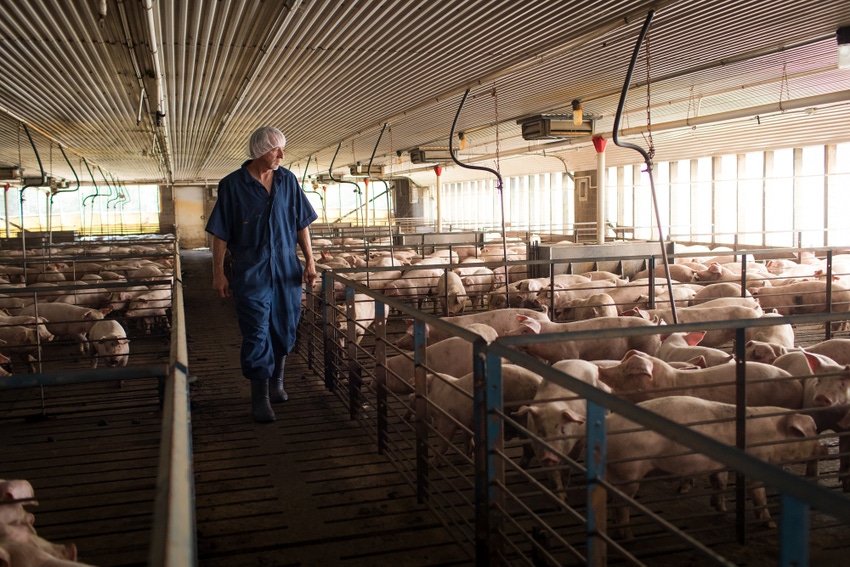Seeks year-round access to H-2A visa program.
July 21, 2021

The U.S. pork industry is suffering from a labor shortage that could increase production costs and consumer food prices if not addressed through visa reform to provide better access to the foreign-born workers on which it depends, according to National Pork Producers Council (NPPC) President Jen Sorenson, who testified today before the Senate Judiciary Committee.
U.S. pork production is a year-round effort, requiring a hardworking and dedicated workforce on farms and in processing plants. Pork producers offer jobs with good pay and benefits, but most Americans do not live near hog farms or harvest facilities and rural populations continue to decline, causing the U.S. pork industry to be largely dependent on foreign-born workers.
“Current visa programs designed for seasonal agriculture—such as the H-2A visa—fail to meet the workforce needs of U.S. pork producers and other year-round livestock farmers. Now more than ever, we need a dedicated, year-round workforce,” Sorenson told the committee. If not addressed, the labor shortage “could lead to farms and packing plants shutting down, causing serious financial harm to the communities in which they operate. As a result, pork production would be constrained, leading to higher food prices for consumers and the United States becoming an unreliable trading partner for the many countries around the world that rely on our pork,” she noted.
To address the labor shortage, NPPC is advocating for year-round access to the H-2A visa program without a cap. Legislation passed earlier this year in the U.S. House would offer a capped number of year-round visas.
“While NPPC believes the bill is a step in the right direction, a cap will force different sectors of livestock agriculture to compete against one another for the same limited number of year-round visas. In that scenario, no one wins and, ultimately, the consumer will be punished with reduced pork supplies and higher prices at the store,” Sorenson explained.
She continued, “Our industry is vital to the U.S. economy and prosperity in rural communities. Our foreign-born workforce is an essential part of our supply chain, and we need visa reform to reflect our year-round needs.”
A copy of Sorenson’s testimony is available here.
Earlier this month, NPPC launched its “Year-Round Pork Needs Year-Round Workers” campaign to profile the stories of four foreign-born workers who make vital contributions to the U.S. pork industry and their communities. Learn more here.
You May Also Like


.png?width=300&auto=webp&quality=80&disable=upscale)
